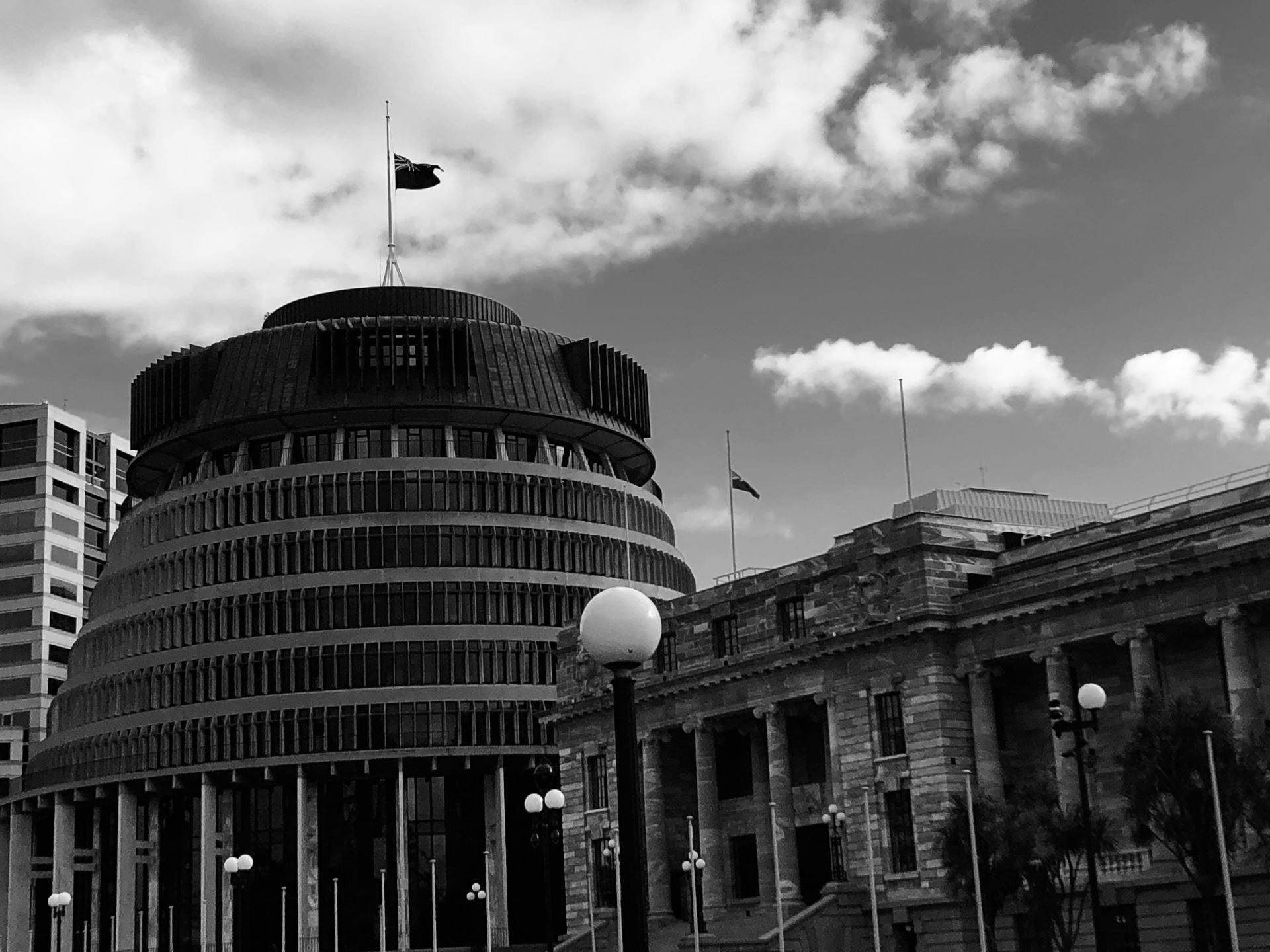Kia ora koutou
Apart from acknowledging the terrible events of March 15th with a ‘Kia Kaha’, we have turned down the social media volume to zero this week in the Office. A mark of respect for the victims and their whanau, and a time to reflect. A week later, here are a few thoughts.
Having left the UK with the IRA as a regular part of the news in my childhood, I spent 21 years raising my children in the safe haven of Christchurch; so I felt the shock of the news with a very visceral sense of horror. This week has been a time for love, support, community building and showing humanity – not the time for scientists to rush forth clutching an evidence base. But, like everyone, I and my fellow science advisors felt the need to do something to help.
Ian Lambie, the Chief Science Advisor for the Ministry of Justice is a clinical psychologist. As well as making comment in the NZ Herald, Ian has worked quickly and quietly behind the scenes to provide support to officials across various agencies, including Victim Support. There is more experience of

dealing with traumatic events in general, and terrorist attacks in particular, overseas. So Ian has helped collate all the wonderful offers of assistance from overseas experts who had generously reached out to help so that they can be called on in the coming weeks, as needed. You can read some thoughts from one of these experts, Professor Richard Bryant (Professor and Director of the University of New South Wales Traumatic Stress Clinic), on a post on the Conversation.
Thank you Ian for all your efforts.
Once the immediate shock has passed, we as a science community can reflect on the issues that this tragedy has surfaced and look at the evidence for how we can change things for the better. How do we deal with hate speech in the era of social media? What is the best way to teach children how to think critically in a digital age? How do we start respectful conversations across cultures and disciplines? Our Forum of Chief Science Advisors will start to facilitate some of these conversations, listen to the evidence, and find constructive opportunities to influence evidence-informed policy across Ministries.
In the meantime, scientists have a very special opportunity to lead by example. Science is, by its very nature, an international pursuit, and we welcome visitors from all around the world to study with us. My own research group has often been described as a ‘mini United Nations’. So let’s redouble our efforts to make everyone in our community feel welcome, respected, and valued. Let’s take the opportunity to listen and learn from the myriad of cultures about how to do this better. And perhaps most of all, amidst the robust debate which characterises scientific progress, let’s remember to be kind to each other.
Kia tau te rangimārie ki a tātou katoa

